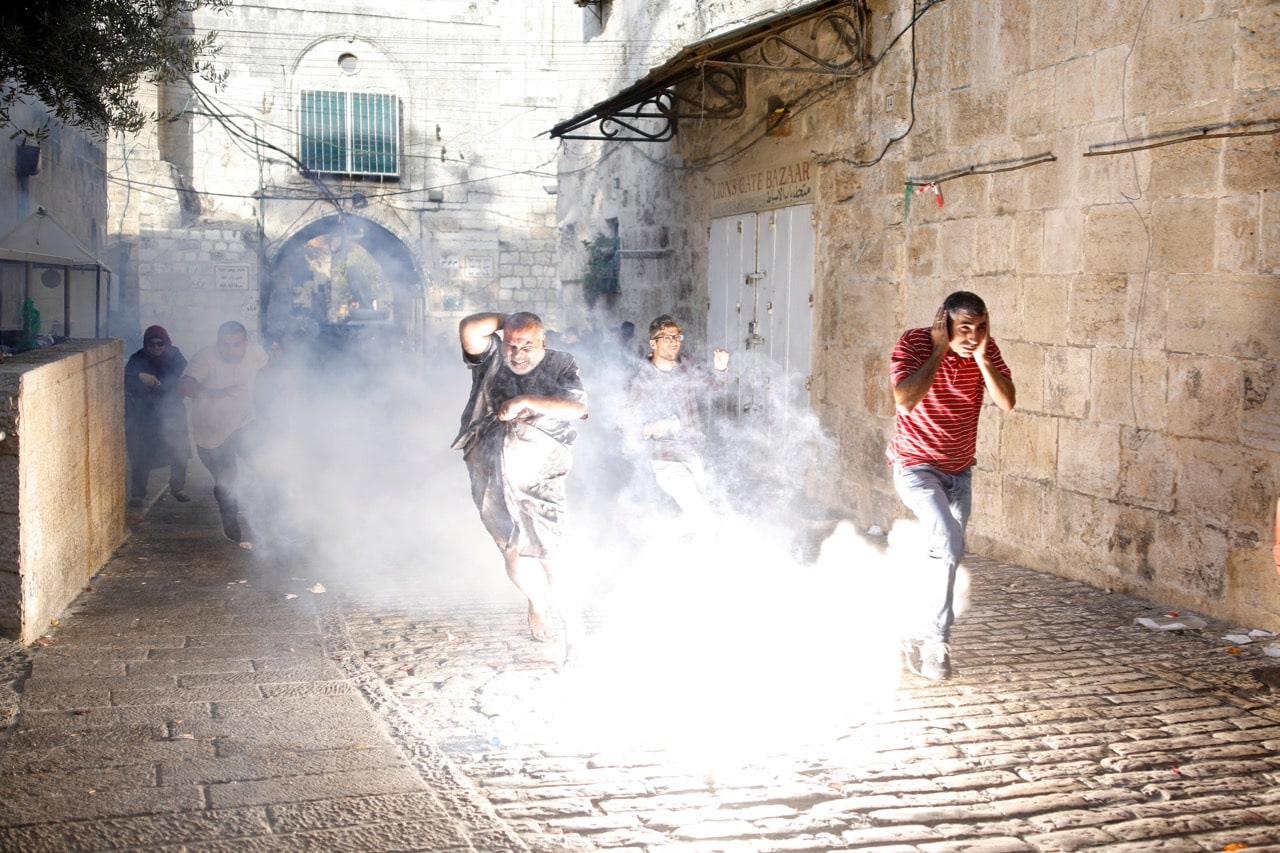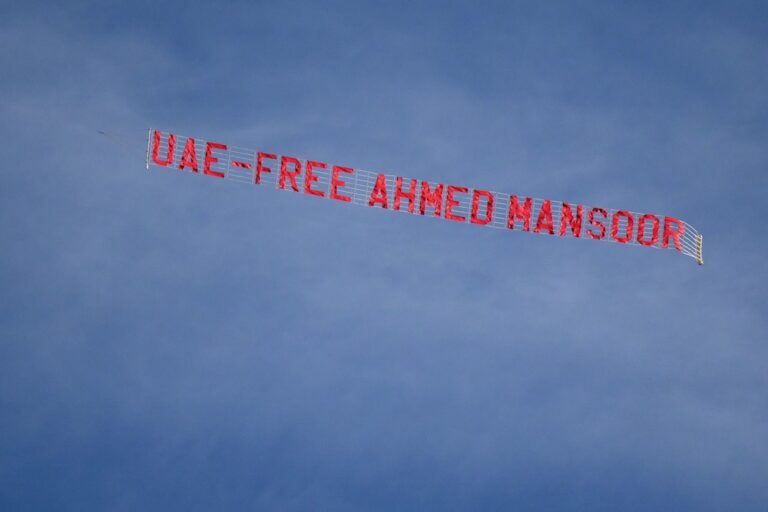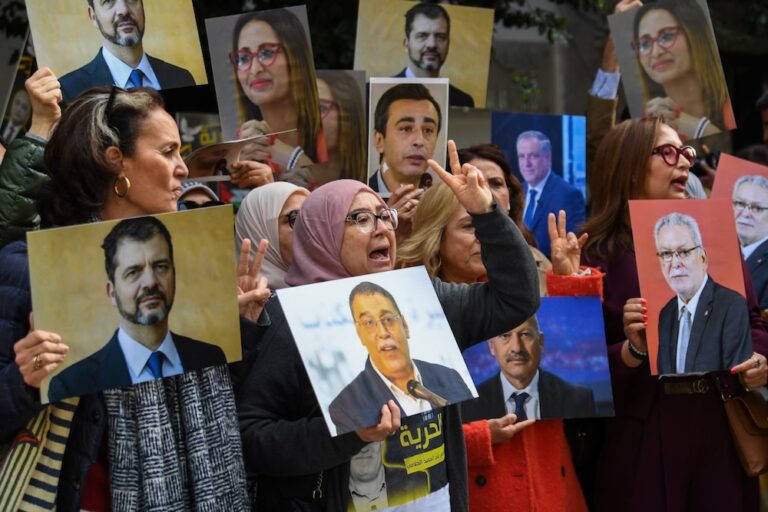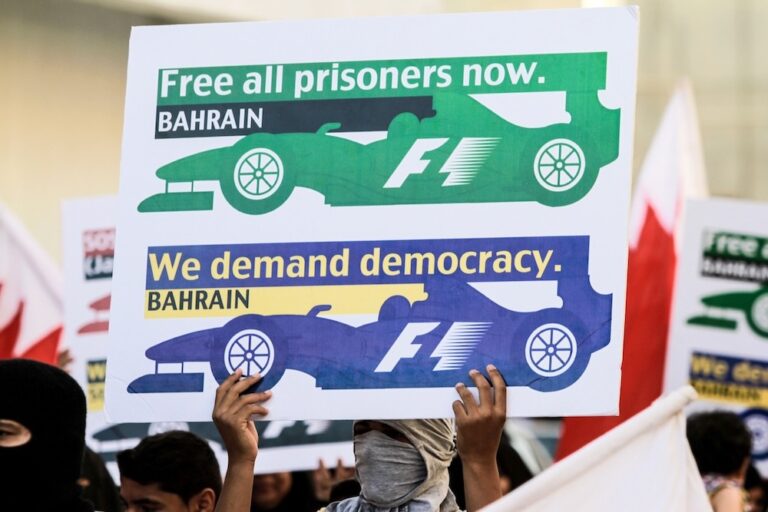This July, protesters in Israel and Morocco were met with violence and journalists were subjected to harassment and denial of access, Lebanon banned protests, and 150 organisations met in Doha to discuss threats to freedom of expression in general, and the case of Al Jazeera in particular.
Israel’s installation of metal detectors at the Al-Aqsa mosque in Jerusalem on 16 July 2017 sparked large-scale demonstrations in the old city as well as in Bethlehem, the West Bank, and Gaza. Hundreds were injured as protesters decrying Israel’s attempts to extend control over the religious site, considered the third holiest site in Islam, were met with violence. On 21 July, three young Palestinians were fatally shot in separate attacks in and around Jerusalem, and later that same day, three Israeli settlers were killed in apparent retaliation in the West Bank.
As protests raged, both international and local journalists attempting to document events fell victim to harassment, detention, violence, and denial of access.
According to IFJ, Israeli, Palestinian and foreign journalists have been barred from entering restricted sites and forcibly removed from areas around old Jerusalem whilst attempting to cover the Al-Aqsa Mosque protests. According to reports by RSF, CPJ, and MADA, at least 10 Palestinian journalists and photographers who did manage to cover demonstrations in Jerusalem, Bethlehem, and the West Bank were targeted and subsequently injured by Israeli security forces.
On 26 July, Israeli Prime Minister Benjamin Netanyahu used the widespread protests as an opportunity to reiterate his desire to shut down Al Jazeera’s Jerusalem bureau, claiming, as others in the region have done before him, that Al Jazeera was inciting the recent unrest taking hold of the city.
Al Jazeera has been under increasing attack in recent months at the hands of Saudi Arabia and its allies as part of a Gulf crisis that erupted in early June. On 23 and 24 July, over 300 participants from 150 organisations, including members of the IFEX network, attended a free expression conference in Doha, Qatar in which speakers and participants alike expressed solidarity with the network and condemned efforts to shut it down.
In Morocco’s northern Rif region, protesters have been taking to the streets in an organised and consistent fashion since early May. Calls against corruption and unemployment have become central topics for the movement. Government forces have used tear gas and excessive use of force to disperse protests and scores of protesters have been arrested since May. As with Israeli forces, Moroccan authorities have been accused of deliberately obstructing both Moroccan and foreign journalists from covering the demonstrations.
According to RSF, at least six citizen journalists have been detained and are awaiting pre-trial detention in Casablanca, and one journalist has already been sentenced to five months in prison. At least two journalists were physically attacked during protests. Foreign journalists too were targeted with harassment and in at least one case, deportation. Most recently, Editor-in-Chief of the Moroccan news site Badil Hamid Mahdaoui was arrested as he traveled to the Rif area on 20 July.
On 16 July in Lebanon, the government announced a ban on all protests. The only reason given, as tweeted by Minister of Interior Nohad Machnouk, was “in order to preserve security and civil peace.”
In an article for Global Voices, Hassan Chamoun noted that only two days later a protest was planned in support of Syrian refugees, who presently make up about a quarter of Lebanon’s population and are often scapegoated when it comes to economic and security issues in the country.
It is unclear if the two events are connected and as reported by Chamoun, activists and journalists involved in planning for the sit-in were sufficiently disturbed by online threats against them and any Syrians that planned to join in that they were forced to cancel the protest around the same time the ban was announced. No deadline for the ban was given.
July in brief
In Tunisia, a draft law before parliament threatens to return the country to a police state.
According to Amna Guellali, a senior researcher at Human Rights Watch, “if the measure is adopted and interpreted in a literal way, it will effectively turn members of the Tunisian security forces into ‘super citizens’: no one will be allowed to criticize them, film them, question their arbitrary behavior, or call for justice for unjustified use of lethal force.”
An appeal by 13 local and international rights groups, including Human Rights Watch and Reporters Without Borders, calls on members of the Assembly of the People’s Representatives to abandon consideration of the draft law in question.
In Kuwait, a community of stateless individuals known as the Bedoon continue to face daily discriminations in clear contravention of international human rights conventions. A report submitted by the Gulf Center for Human Rights to the Committee on the Elimination of Racial Discrimination (CERD) exposes how often the Bedoon community, which account for approximately 120,000 of the Kuwaiti population, is targeted, segregated, and harassed. Large protests calling for the community’s rights have often been put down with force.
In Bahrain, women’s rights activist Ebtisam Al-Saegh was charged under the country’s controversial anti terrorism law. According to the Bahrain Center for Human Rights, she was charged with “using human rights work as a cover” to provide an NGO with information and fake news about Bahrain in order to undermine the country’s prestige abroad.
A Human Rights Watch report on Libya this month revealed the extent of harm inflicted on members of civil society in the country. “Human rights defenders, activists, and social media bloggers have been physically attacked, detained, threatened, harassed, and disappeared by armed groups, some of whom are affiliated with the state authorities, in Tripoli and elsewhere in western Libya.”



